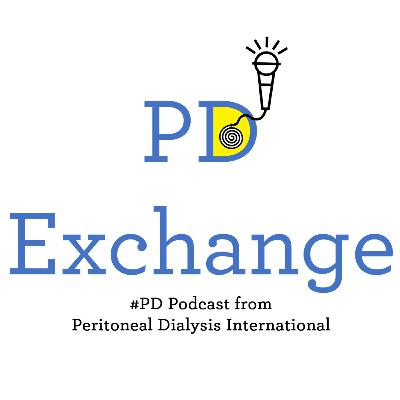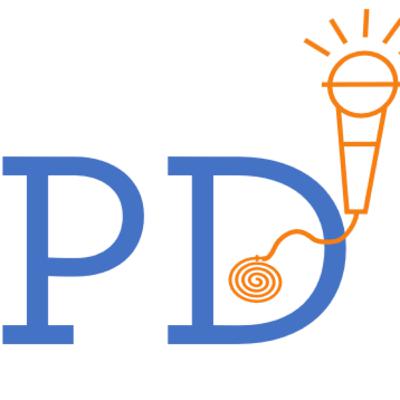Teaching Peritoneal Dialysis – A Position Paper for the ISPD (2025 Update)
Description
Podcast: PD Exchange Podcast Hosts: Dr. Nikhil Shah (University of Alberta), Dr. Jeff Perl (St. Michael's Hospital, Toronto) Guests: Dr. Josephine Chow (Sydney, Australia), Dr. Ana Figueiredo (Brazil)
Summary
Dr. Nikhil Shah and Dr. Jeff Perl discuss the 2025 ISPD position paper on teaching Peritoneal Dialysis (PD). Guests and Authors of the position paper Dr. Josephine Chow and Dr. Ana Figueiredo outline the shift from a rigid training syllabus to a comprehensive educational intervention that emphasizes pre-assessment, adult learning principles, and post-training support.
Key Takeaways
Evolution of Guidelines: This is the third generation of guidelines (previous: 2006). The focus has shifted from a "recipe" or day-by-day syllabus to a broader process involving Pre-assessment, Training, and Post-assessment.
The "Education Intervention": Training is defined not just as technical exercise but as relationship building. It requires assessing the patient's home environment, health literacy, and learning style (visual, auditory, kinesthetic) before training begins.
Nurse Competency: The nurse is identified as the most critical variable. There is a strong emphasis on "training the trainer"—nurses need mentorship and time to learn how to teach, rather than just knowing the clinical procedure.
Adult Learning Principles:
Motivation: Identify the patient's specific life goal (e.g., attending a daughter's wedding) to drive adherence.
Experience: Leverage the patient's past experiences (e.g., brewing coffee) to explain PD concepts like flow or sterility.
Health Literacy & Bias: High literacy does not guarantee competency, and low literacy does not preclude it. The podcast warns against clinician bias regarding who can learn PD based on educational background.
Group vs. Individual Training: While individual training is standard, group retraining (refresher courses) can be beneficial for generating innovative ideas and peer support, though logistical challenges exist.
Technology & AI Integration
Future of Training: The discussion acknowledges that technology (AI, VR, remote monitoring) is outpacing written guidelines.
The "Dream RCT": Dr. Jeff Perl proposes a "tongue in cheek" theoretical randomized control trial allocated $5 million to test new training interventions (VR, simulation) against standard care to measure infection rates and technique survival.
Automation: The potential for AI chatbots and virtual reality to augment patient education and troubleshooting was highlighted as a necessary evolution for modern PD programs.
Quotes
"The nurse is the most important take home point. We should prepare the nurse to train." — Dr. Ana Figueiredo
"No one wakes up one day and says, 'Okay, let's do it. I'm going to learn PD today.'... Finding out what is the motivation for them to carry on their life is the first thing." — Dr. Ana Figueiredo
"Technically, it is not just a teaching exercise... It is the relationship to build between the nurse and the patient... to build the trust, empower, and basically build the patient autonomy." — Dr. Josephine Chow






